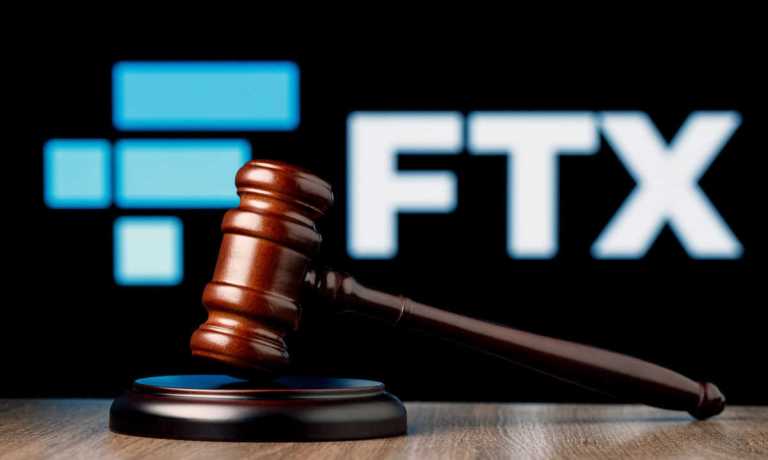Bankman-Fried Reportedly Close to Bail Agreement With Feds

Accused crypto fraudster Sam Bankman-Fried is reportedly nearing a new bail agreement with federal prosecutors.
Attorneys for the FTX founder — charged with engineering his company’s multibillion-dollar collapse — are close to resolving an agreement for his bail, Reuters reported Saturday (March 18), citing a letter from defense attorneys and prosecutors sent to the judge.
Bankman-Fried, 31, has been free on $250 million bail since his arrest last year. However, that bail was called into question earlier this year after prosecutors accused him of witness tampering by getting in touch with FTX’s general counsel.
His lawyers deny that claim, but Judge Lewis Kaplan has threatened to revoke Bankman-Fried’s bail if he didn’t comply with new restrictions on his use of electronic communications.
Earlier this month, prosecutors outlined their vision for those restrictions: a flip phone with no internet capabilities, and a laptop that would be restricted to specific virtual private networks (VPNs), and a variety of websites covering news, sports and food delivery, and to help Bankman-Fried get ready for his trial, scheduled for October.
The news comes days after FTX’s new management said it had uncovered $3.2 billion in transfers to Bankman-Fried and his inner circle from their time running the company.
Most of that money — $2.2 billion — went to Bankman-Fried in the form of payments and loans, primarily coming from the hedge fund Alameda Research, FTX’s sister company.
As PYMNTS has reported, court filings have shown what John J. Ray III, FTX’s current CEO, has referred to as a “massive shortfall” of “highly commingled assets” at the crypto firm, making up more than $8.6 billion in total liabilities.
As noted here last week, the FTX/Bankman-Fried saga has been overshadowed somewhat of late by the collapse of Silicon Valley Bank and Signature Bank.
“And there’s a stark difference between FTX and the bank failures, inherent in the fact that FTX’s demise seems to be rooted in fraud and greed,” PYMNTS wrote. “But drilling down, the fact remains that the individuals and the enterprises tasked with signing off on the state of affairs at all of these firms missed the risks.”
As reported here last week, SVB and Signature broke down just a few days after passing an audit by KPMG LLP.
“But SVB had its own, arguable opacity, as it had $15 billion of unrealized off-book losses, outstripping equity,” PYMNTS wrote. “The runs on the banks and on FTX were the final votes, by investors and by customers, that the business models were not resilient or transparent enough to allay fears or quell the contagion of panic.”